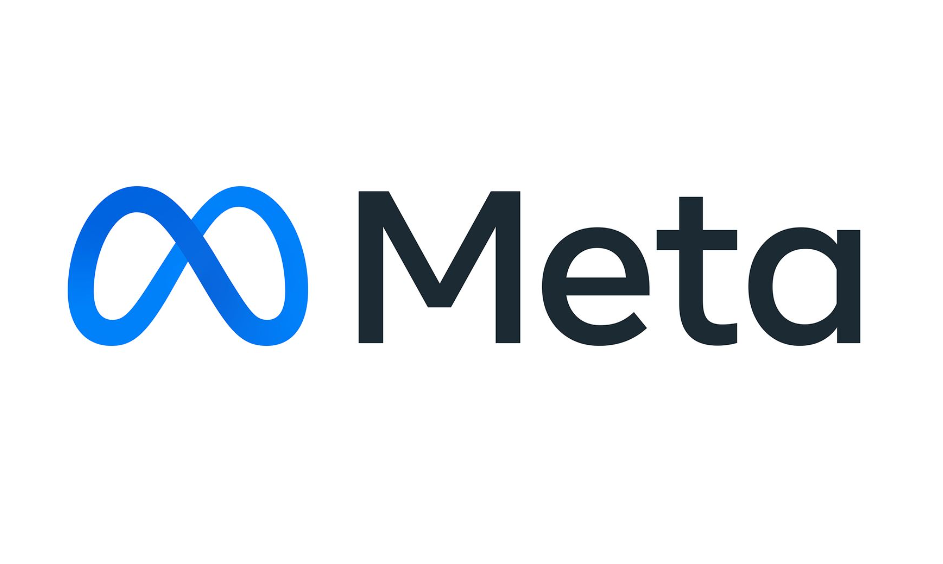Meta Considers Shift from Open-Source AI to Closed Development
Meta's Open-Source AI Strategy Faces Potential Overhaul
Senior executives at Meta are reportedly reconsidering the company's commitment to open-source artificial intelligence development, according to a New York Times report citing internal sources. Discussions center on shelving the next-generation Behemoth model—already trained but delayed due to performance concerns—and prioritizing proprietary AI systems instead.
Testing Paused Amid Strategic Reevaluation
Meta completed training its Behemoth large language model earlier this year, but postponed its release following underwhelming internal benchmarks. Development work has since been suspended after the launch of Meta's new Super Intelligent Laboratory, where leadership is now weighing whether to abandon open-sourcing this flagship project entirely.

A Meta spokesperson told reporters the company remains committed to "releasing leading open-source models" while acknowledging plans to develop both open and closed systems moving forward. The spokesperson declined to comment specifically on Behemoth's future, noting that any strategic changes would require CEO Mark Zuckerberg's final approval.
Commercial Pressures Drive Potential Pivot
The debate reflects growing tension between Meta's open-source philosophy and its need to monetize AI investments:
- Zuckerberg previously positioned Llama models' openness as a key differentiator from rivals like OpenAI
- The company has spent billions acquiring AI talent and building infrastructure
- Meta trails competitors in commercializing AI despite research strengths
Shifting to closed models would provide greater control over technology deployment and clearer monetization pathways. Zuckerberg has previously stated he'd withhold open-sourcing technology if doing so seemed "unresponsible" for particularly advanced systems.
Global AI Ecosystem Implications
This potential strategic shift could significantly impact multiple stakeholders:
- Open-source momentum: Meta-driven progress may slow without flagship projects like Behemoth
- Startup ecosystem: Companies building atop open foundation models face uncertainty
- Geopolitical competition: China could assume leadership in open-source AI development
- Industry dynamics: Closed-system giants may regain technological advantage
The decision comes as governments worldwide increase scrutiny of advanced AI systems, with some policymakers advocating for restricted access to powerful models.
Key Points:
- Meta executives debating move away from open-source AI development
- Behemoth model completed but shelved due to performance concerns
- Company maintains public commitment to open source despite internal discussions
- Shift could help Meta better monetize AI investments
- Decision would have ripple effects across global AI landscape